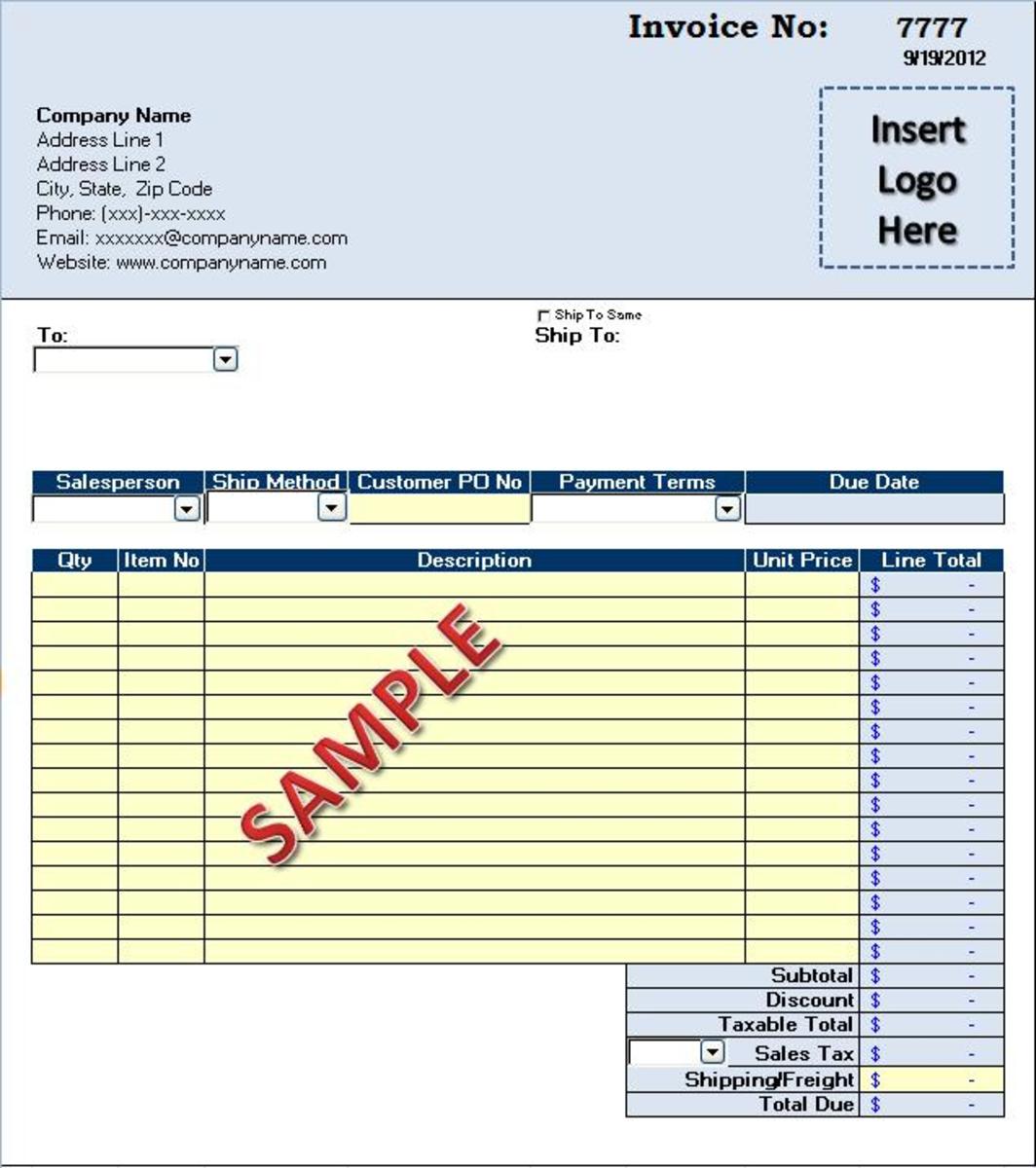- HubPages»
- Business and Employment»
- Marketing & Sales»
- Sales & Selling
Sales Tips for Small Business: Are You Selling the Impossible?

Had a revelation about my business that can have a profound effect on profitability, productivity and sales. When I was in the promotional business, I had access to no less than 3,000 different suppliers and over half a million product SKUs. The temptation to use any or all of them was strong, make that STRONG. And here's the scenario that got me into trouble.
A customer had a "vision" for an upcoming project. I showed him the possibilities that I have as standard offerings through my online shopsites or from my preferred supply chain partners. Um, wasn't quite matching the unrealistic dream. Then the wild goose chase began!
Database research, calling suppliers, checking catalogs... I could have been putting in hours of work and the sale hadn't even closed yet. Compounding the issue was that a quantity of only 500, maybe even 50, was needed. May sound like a big quantity for a micro or small business. But in the promotional products world, that's usually a small order. Then, after the whole research process, I often got THAT email, the one that says, "Thanks for your help, but we've decided to (go with another supplier, scrap/postpone the project, not spend the money or some lame excuse)."
Being concerned about customer service, in the past I would often chase these impossible inquiries (emphasis on "in the past"). But was that really service? Or was I providing these off-the-menu choices out of fear of losing sales and the opportunity to serve?
Now that I'm older and wiser, I usually send these folks to one of my knowledgeable competitors who can do the project better than I ever could.
Let's look a little deeper at why this type of scenario happens in small businesses...
Like Ford Selling Chevys
Small business owners have to remember the scenario discussed above is like Ford selling Chevys. Ludicrous notion, of course. Except for the sales of used cars of many makes, auto dealers would NEVER entertain the impossible inquiry of a customer who wandered into the dealership asking to buy a new car from a competing manufacturer. Not only would it be detrimental to their brand to offer it, it would cost them more to service this business, too.
Contrast this with small businesses who can be ridiculously prone to taking on impossible projects that are "not in their wheelhouse." If it is so obvious to most bigger businesses, why do the little guys do this?
- Fear of Losing Sales. In the early years, especially for consulting or extreme niche operations, sales can be few and far between. So owners latch on to any inquiry that happens to wander in. They end up reinventing the business to meet every single customer demand.
- Feeling Like a Superhero... or Want to Appear So. Ever see the contractor trucks that say "Residential, Commercial and Industrial?" Anyone who has a good understanding of the contracting business knows that serving individual consumers is completely different than dealing with commercial and industrial facility managers. A variation on this theme are the consultants who say they work with "small businesses to Fortune 100 clients." Some business owning newbies, particularly those that have come from a corporate background, have an understanding of doing business within large operations. But when they go into business for themselves, they don't feel they have a prayer of getting sales from big businesses (and they may be right). So they take a stab at doing business with individual consumers or other customers out of their comfort and experience zone. Then they get a huge dose of culture shock when they sell in the B2C (business to consumer) or micro business arenas and may even give up to go back to work.
- Who (or What) Are You and Your Customers? The contractors and consultants who say they serve everybody, don't know who or what they are. Even worse is that they don't know who or what their customers are either. So every inquiry, even the impossible ones, are pursued. They're just hoping that at least some of them will close.

How to Avoid Doing the Impossible
Avoiding getting trapped in impossible selling scenarios requires a thorough understanding of the business, its capabilities and limitations:
- Nosce Te Ipsum (Know Thyself). Take an inventory of skills, products and services that can be effectively AND cost effectively provided. Be specific to the Nth degree! If the overall skill is marketing, what kind of marketing tasks can be offered? There are probably hundreds of niches to fill in the marketing arena.
- Define Customers. Who are those customers that need the products and services that can be offered? Don't say "everybody!" Define the folks by industry, job title, hobbies, age, gender... using several
- Develop a "Menu" of Products and Services... and Stick to It! On the popular restaurant makeover reality shows, one of the common problems plaguing the troubled operations is a bloated menu, sometimes spanning several pages. The inventory, chef skill and marketing of these extensive offerings can cripple the business. But no matter what industry a business is in, all need to develop a "menu" of standard products and services to be offered. This streamlines the operation and focuses marketing and sales efforts. Sticking to this standard menu will turn away some high maintenance customers (see discussions of "off the menu" offerings below). But the meager benefits to be gained from these will almost always not be worth the effort and cost.
- Develop a Standard of Service. In addition to the "what" on a menu of products and services, a "how" should also be developed for their delivery. That could mean delivery only by a carrier such as UPS, pickup only in stores, restricting acceptance of orders to online or by phone,
- Develop Premium Pricing and Justification for "Off the Menu" Choices. Granted, taking on some impossible projects can help a company stretch its capabilities. But as a daily occurrence, it will drain resources. So if a company wants to offer some "off the menu" products and services, premium higher pricing and/or justification for these offerings needs to be established. Example #1: In my past promotional business, I offered a couple of online shopsites featuring hundreds upon hundreds of different promotional giveaway items each. If a customer or prospect could not find a solution within this wide selection, I charged a hefty $295 fee to do a custom search, even if the sale did not close. Often that ended the discussion OR they discovered a standard offering that would suffice. This weeded out those who were serious versus tire kickers. Example #2: I received an inquiry to do promotions for a television show. While I didn't charge premium prices, I did justify accepting it with the goal of learning about the "off MY menu" entertainment industry to see if it was worth pursuing in the future.
- Refer Impossible Business to Appropriate Competitors and Allied Businesses. Developing a network of friendly and competent competitors and allied businesses is also key to eliminating doing impossible business. As soon as an inquiry that doesn't meet the standard customer profile is received, it should be evaluated for referral to other businesses that could handle it more appropriately. The referring business also wins by looking like a well connected and knowledgeable businessperson.
This article is accurate and true to the best of the author’s knowledge. Content is for informational or entertainment purposes only and does not substitute for personal counsel or professional advice in business, financial, legal, or technical matters.
© 2014 Heidi Thorne








